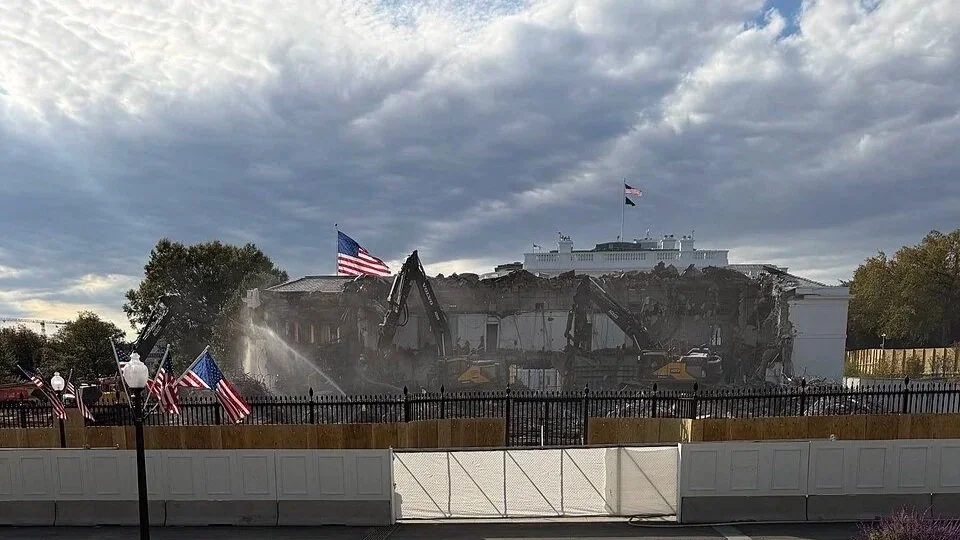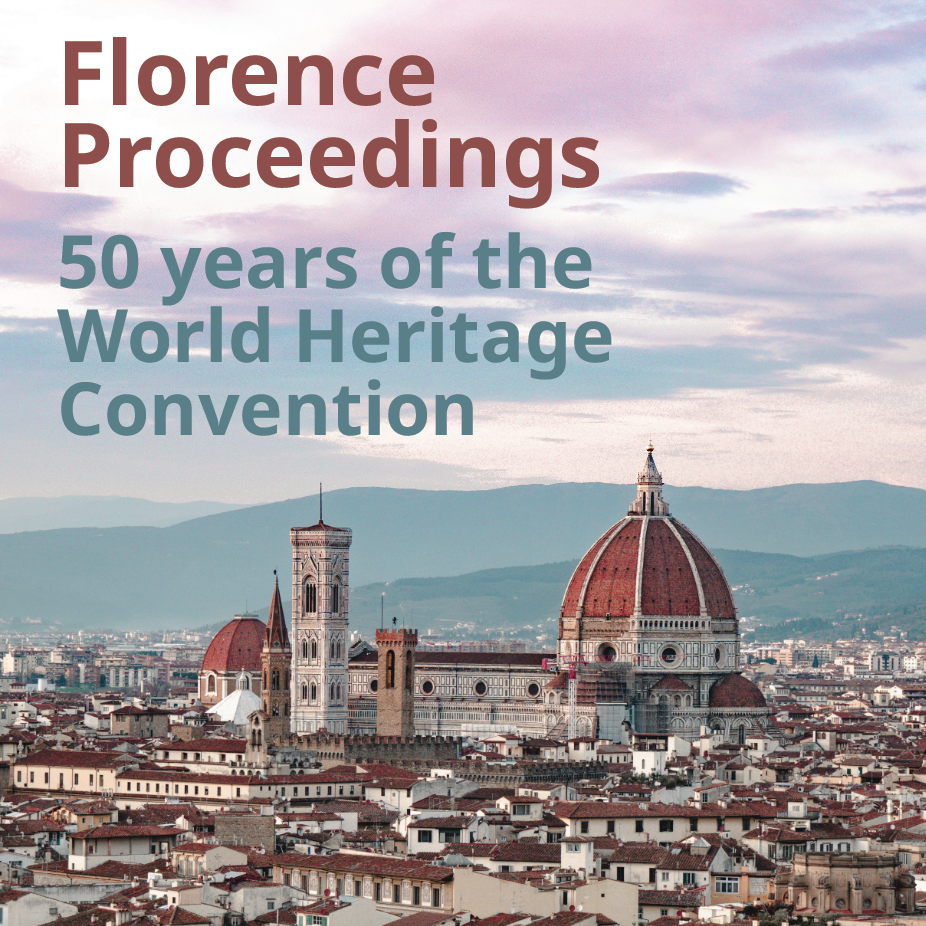A paradigm shift is needed now! Adapting World Heritage guidelines to climate change reality
Co-authored by Prof. Thomas Schmitt
The growing climate crisis increasingly affects cultural and natural World Heritage sites, which face now unprecedented challenges. Experts, site managers, partners and representatives of different institutions (ICOMOS Germany, German Environmental Foundation - DBU, German Foreign Office, ICLEI Local Governments for Sustainability etc.) met at Heidelberg University and its Heidelberg Center for Cultural Heritage (HCCH) on 2 July 2025. The conference, that was advertised in the OWH newsletter, focussed on concrete avenues for action in the face of the growing impact of climate change on World Heritage and following the adoption of the UNESCO Policy Document on Climate Action for World Heritage by the World Heritage General Assembly in 2023. The German translation was presented on this occasion.
“This is not a dry spell. This is a slow-moving global catastrophe, the worst I’ve ever seen.”
Through two thematic roundtables, participants engaged in an open dialogue on enhancing the resilience of World Heritage sites. Key of the discussions was to ensure that heritage protection becomes an integral part of global climate action efforts.
The first roundtable focused on conceptual approaches, policies and research perspectives, as well as strategies for implementation across the fields of cultural and natural heritage conservation. It also included examples of young people climate resilience projects. It embraced a critical debate on the question whether the traditional monument protection approaches are appropriate for heritage conservation in times of climate crisis, when people are suffering in unadapted urban environments threatened by heatwaves, inundations and other extreme weather events. It was questioned if some practioners and the discipline of built heritage preservation (German: “Denkmalpflege”) are conceptually ready to deal with challenges of the climate crisis.
The second roundtable looked at experiences from the ground: from the site managers of the tri-national marine Waddensea area to the head of the city of Regensburg World Heritage property, sustainability networks such as ICLEI and other organisations sharing concrete case studies and adaptive approaches Participants agreed that inter- and transdisciplinary exchanges and practical ways to integrate climate considerations into heritage management frameworks. Historic gardens, for example, will inevitably have to change their physical form and appearance if they are to survive in the long term.
It became clear that climate change affects World Heritage with tangible impacts. World Heritage conservation is more than just technical know-how. Good governance structures, cross-sectoral cooperation, and trust in the local capacities are required. Local stakeholders are knowledgeable and are already taking action. They are developing solutions under difficult conditions together with experts and municipalities. In this regard, risk assessments are the basis for preventive action and future-oriented approaches. Interdisciplinary climate risk analysis needs to be strengthened through stronger collaboration between climate science, monitoring with satellite observation, heritage conservation, management and administration. Good practice is not enough: targeted support is needed – financial, structural, and political.
A paradigm shift is urgently needed for transformative changes, which also require a fundamental shift in approaches. Protection and adaptation are not contradictory, but have to be understood in a holistic way towards sustainable heritage conservation.
World Heritage sites are places of continuity and change: They are learning and action spaces where climate adaptation and social participation come together. They promote responsibility, participation, and a sustainable future for all. If we understand World Heritage as a living legacy that is shaped and passed on, then these places can make a real contribution to addressing the climate crisis today and tomorrow.
About the co-author
Prof. Thomas Schmitt holds the Chair for Cultural Heritage at HCCH Heidelberg. A geographer, he researches World Heritage governance, cultural property protection, EU heritage policy, sustainability, and memory practices.





